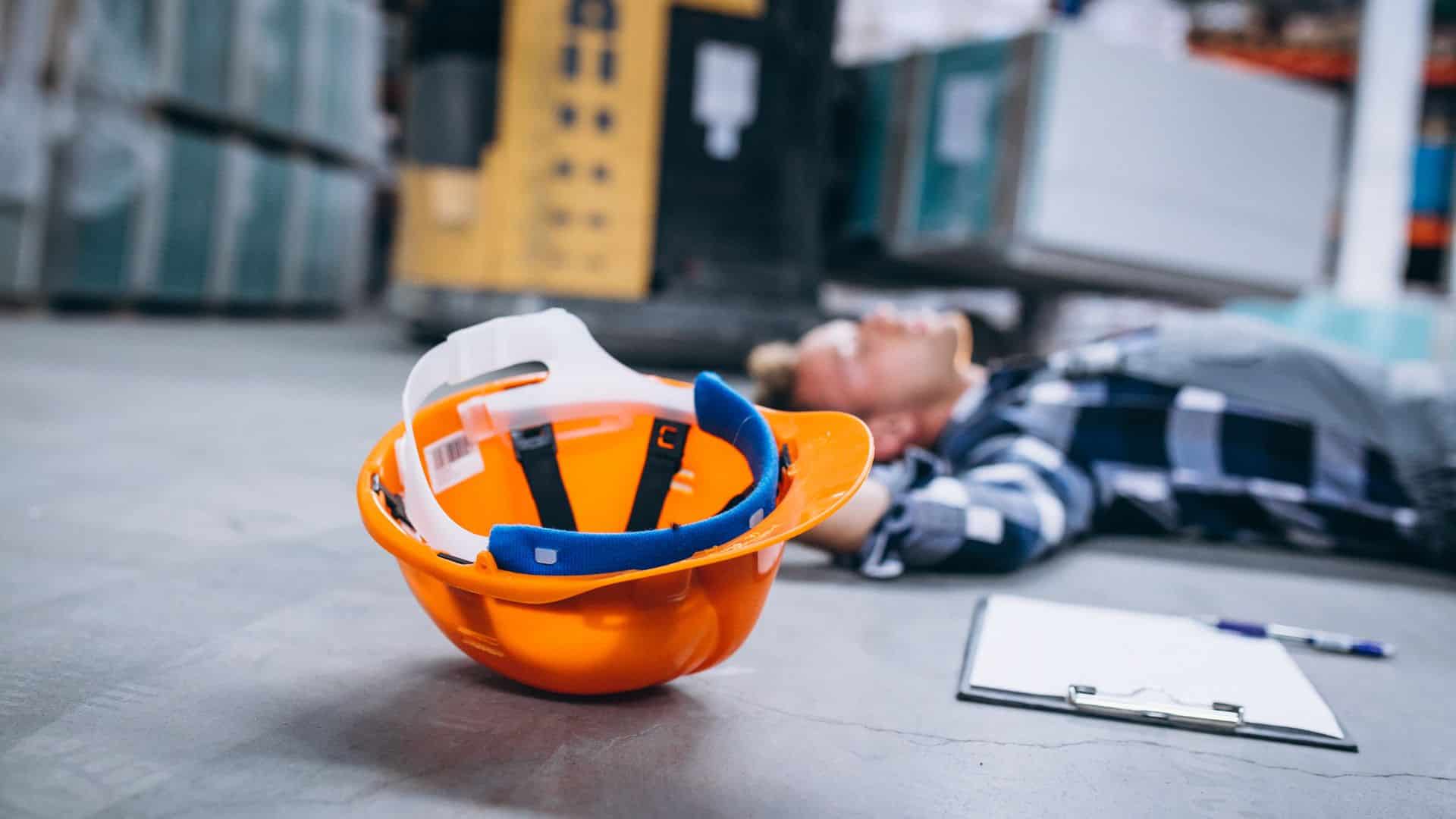A workplace injury can lead to significant emotional and financial trouble. Aside from the pain and mental distress the accident causes, you may also face a reduction in your household income if you cannot promptly return to work. Even workers’ compensation benefits do not reimburse all of your lost wages. You might be looking for a way to maximize your household’s inflow of money while you recuperate from your injuries. While you may consider yourself to be disabled, getting both workers’ compensation and disability benefits at the same time is not easy or guaranteed.
Differences Between Workers’ Compensation and Disability
Even though you could receive both workers’ compensation and disability benefits following an accident at work, the two programs providing these benefits are quite different. Learn about these differences to understand how you could receive benefits from one program and not from the other.
Workers’ Compensation Benefits
Workers’ compensation programs exist in almost every state and are creations of state law. These programs require employers to carry insurance that pays benefits to workers who become sick or hurt while on the job.
Workers receive compensation for their reasonable medical expenses and can recoup a portion of their wages if they are off work for some time.
Applying for workers’ compensation benefits differs slightly from state to state. However, most programs require you to notify your employer that you sustained an injury or contracted an illness while on the job.
Either you or your employer will complete and submit the necessary claim forms to report the matter to your employer’s workers’ compensation insurance provider.
From there, you begin receiving medical treatment from an approved medical provider and continue receiving treatment until you reach the maximum benefit from treatment. Your employer’s workers’ compensation insurer covers the cost of this treatment.
In addition, if you must miss more than a few days from work to recover, the workers’ compensation insurer will also reimburse you a portion of your wages.
Workers’ compensation benefits in some states last for a fixed period of time and then cease regardless of the severity of the injury. Additionally, your workers’ compensation benefits will end if you can return to work and your treatment is complete.
Social Security Disability Benefits

The federal government operates the nation’s Social Security program, and federal law — not state law — governs the administration of this program. Disability benefits compensate individuals suffering from a condition that prevents them from earning a certain level of income.
Unlike workers’ compensation benefits, disability benefits can last as long as the disability remains, up until you turn 65 years of age. At that time, you would be eligible to receive retirement benefits.
Workers’ compensation and disability benefits also differ because not every injury qualifies for disability benefits. To be eligible for disability benefits, you must meet the Social Security Administration’s requirements:
- You are not working at present
- You have a severe condition, as Social Security disability law defines the term
- Your condition is on the Administration’s list of disabling impairments (or is comparable to a listed impairment)
- You are not able to return to any previous work you held
- You are not able to perform any other type of work
If your injury or illness does not meet the conditions set by the Social Security Administration, it’s likely you will not qualify for disability benefits.
Qualifying for Workers’ Compensation but Not Disability Benefits

The following are a few of the numerous situations when you would qualify for workers’ compensation benefits but not disability benefits:
Your Condition Will Not Last Longer than a Year or Be Fatal
Disability benefits require evidence that your condition will last for at least one year or will result in your death. A broken bone, for example, will likely heal within a year. Therefore, if you broke your arm while at work, you could receive workers’ compensation benefits but would not be eligible for disability benefits.
Your Condition Is Not One Recognized as Disabling by the Administration
The Social Security Administration maintains a list of conditions that it considers disabling. Your condition must be on the list before you qualify for disability benefits.
If your condition is not on the list, the Administration will consider whether it is equal in severity to a listed condition. If not, the Administration will deny your application for disability benefits.
Conversely, workers’ compensation programs do not maintain a list of qualifying conditions. So as long as your injury or condition developed due to your work, your claim for workers’ compensation benefits will likely succeed.
You Can Return to Work While You Continue to Receive Treatment
Sometimes, your condition may not be so severe that you cannot work. You and your employer might agree to place you in a less-demanding position while you recover.
For purposes of workers’ compensation benefits, this is perfectly acceptable. You would continue to receive workers’ comp to cover your medical care and treatment for as long as they are necessary and allowed under the law.
The same is not true for Social Security disability benefits. One of the threshold requirements for applying for benefits is that your condition must be severe. The word “severe” means you cannot earn income above a certain threshold. Returning to work may disqualify you from disability benefits if you earn wages exceeding this limit.
Applying for Both Types of Benefits Can Be a Good Idea
This discussion is not to say that you can never receive workers’ compensation and disability benefits at the same time. However, the differences between the two programs may make the process challenging and lengthy. You can benefit from having an experienced attorney help you in applying for and receiving benefits from each program.
If you have been injured on the job, The Joel Bieber Firm wants to help you receive all the benefits the law gives you. Contact our firm, schedule a consultation, and let us help you recover the compensation you need and deserve.
Interesting Reads:
How much is the average workers compensation settlement?
Can I See My Own Doctor During Workers Compensation?
Proving Liability and Pursuing Justice After A Road Rage Accident

